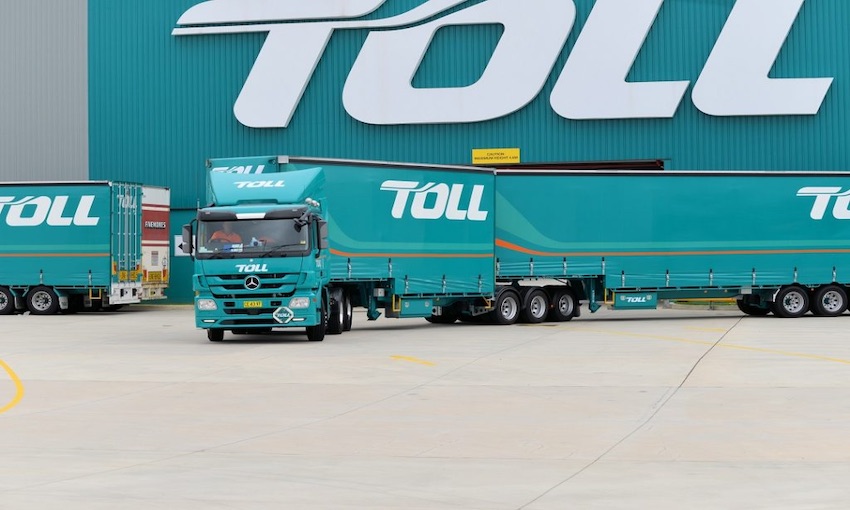TOLL has agreed to pay to pay US$6.1 million ($8.6 million) to settle its potential civil liability for 2958 apparent violations of sanction programs administered by the US Office of Foreign Assets Control (OFAC), according to an enforcement release from the US Department of the Treasury dated 25 April.
The release said the apparent violations occurred when Toll originated or received payments through the US financial system involving sanctioned jurisdictions and people.
“These payments were in connection with sea, air, and rail shipments conducted by Toll, its affiliates, or suppliers to, from, or through the Democratic People’s Republic of Korea (DPRK), Iran, or Syria, or the property or interest in property of an entity on OFAC’s list of Specially Designated Nationals and Blocked Persons,” The release said.
“The settlement amount reflects OFAC’s determination that Toll’s apparent violations were non-egregious and voluntarily self-disclosed. This case highlights that foreign companies who use the U.S. financial system to engage in commercial activity must take care to avoid transactions with OFAC-sanctioned countries and persons.”
The Department of the Treasury said Toll frequently made or received payments that involved multiple shipments pertaining to a single invoice with a particular affiliate, supplier or customer. In other instances, Toll would also spread a single shipment charge over several invoices.
“In processing such payments through U.S. financial institutions, Toll failed to adopt or implement policies and controls that prevented it from conducting transactions that involved designated parties or persons in sanctioned jurisdictions,” the Department of the Treasury said.
“The absence of such policies and controls resulted in part from Toll’s rapid expansion over the preceding period without a requisite increase in compliance resources.”
The department’s release said beginning in 2007, Toll started acquiring small, local or regional freight forwarding companies, and by 2017, the company had almost 600 invoicing, data, payment and other system applications spread across its various business units.
“While Toll had a sanctions compliance policy in place, its compliance program, personnel, and associated controls failed to keep up with the pace and complexity of its growing operations, including with respect to the risks associated with the use of U.S. financial institutions to make or receive payments related to US-sanctioned jurisdictions and persons,” the department said.

